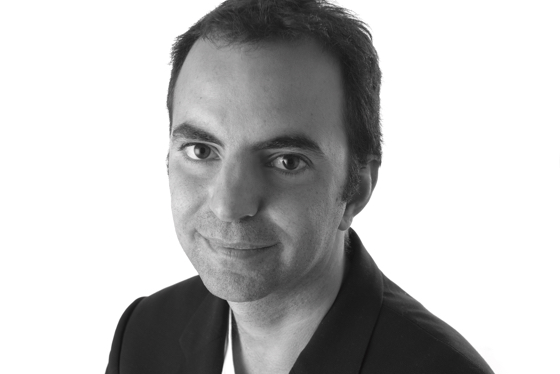With a US$300 million investment from George Soros’ Quantum Strategic Partners announced in November, Fën Hotels, Buenos Aires, has the means to finance up to 5,000 new hotel rooms in South America within the next three years. CEO Patricio Fuks would not comment on the specific relationship with the Quantum fund beyond the financial arrangement but says Fën’s 10-year goal is to become the biggest management company in each of the countries it sets foot in. Fen manages and franchises 14 Esplendor boutique and 15 Dazzler hotels in Latin America—including one in Brooklyn—two brands created by the company, and it manages two hotels in Florida. Here is Fuks’ take on what’s next for the company.
HOTELS: How is Quantum’s investment transformative?
Patricio Fuks: This deal will allow us to accelerate our growth and scale rapidly throughout the region. The downside of Latin America is the lack of credit from local investors and bankers, and the absence of long-period investment projects. Quantum’s investment will allow us to access solid credit to construct multiple hospitality developments at the same time.
H: Where will the investment be distributed?
PF: At least 10 Central and South American countries including Argentina, Bolivia, Chile, Colombia, Costa Rica, Ecuador, Paraguay, Peru and Uruguay.
H: Where is the priority area?
PF: South America. You can buy land in triple-A locations in capital cities, get rates and occupancies similar to Manhattan, and yet build hotel rooms for one-tenth the cost of New York City. The significant decline of the price of crude oil, falling commodity costs and the general slide of Latin American currencies guarantees a very optimistic scenario for us.

H: Why are you focusing regionally?
PF: Internationally, tourism in South and Central America has been increasing at an amazing pace, with expansion higher than 50% in the last decade. Tourism is growing rapidly in relation to other major industries, and governments know that. We offer the trendiest hotels in the most visited cities in Latin America, and we want to reassert this leadership before expanding to another region—which we definitely will do.
H: What are the primary risks?
PF: Our anticipation of risk is really low. Big political changes had been occurring in the region and our expectations are hand in hand with the big leap forward of the middle classes.
H: You are avoiding Brazil, at least for now. Why?
PF: In the hospitality area, development costs were too high—land and construction prices were similar to the U.S.—and hotel nights were not strongly demanded. From our point of view, it is still an expensive country in which to invest.
H: What is the biggest obstacle to getting deals signed?
PF: The right selection of the next site.
H: How many hotels have you signed deals on and have financed in the region?
PF: We have 35 hotels under contract, most in Argentina, Costa Rica, Paraguay, Peru and Uruguay—though in 2015 we expanded to many cities of the U.S., as well. For example, we have 11 hotels in Buenos Aires and in all of them we get annual average occupancy rates higher than 80%.
H: Where is the next up-and-coming area for investment?
PF: Paraguay and Peru are growing at one of the highest paces in Latin America, and very few people see this. In particular, the prospects for growth in the real estate sector are highly optimistic; these countries have shown great development projects, turned by both the local demand for new upscale residencies as well as growth of exterior tourism demand for both its natural beautiful landscapes, as well as its capital cities with progressive growth of commercial activity. Lima went from being a one-night destination on the way to Machu Picchu to a three-night stay, mainly because of its amazing culinary culture, conferences, parks and atmosphere.
H: Are there particular challenges in finding local partners?
PF: The telephones do not stop ringing. It is our time to choose our partners.
H: Are you considering changing the mix of properties?
PF: We are starting a very solid financial stage of our company’s growth. We are not changing or selling our properties. On the contrary, we are acquiring new ones.
Our company has been through different stages depending on the financing. In the first phase, we started renting hotels. In a second phase, with the consolidation of Fën Hotels, we started pitching our projects to private investors, aiming at condo-hotels. This is when we started constructing. Now we have our consolidated management company and we have solid investment flow. It is time to buy.
